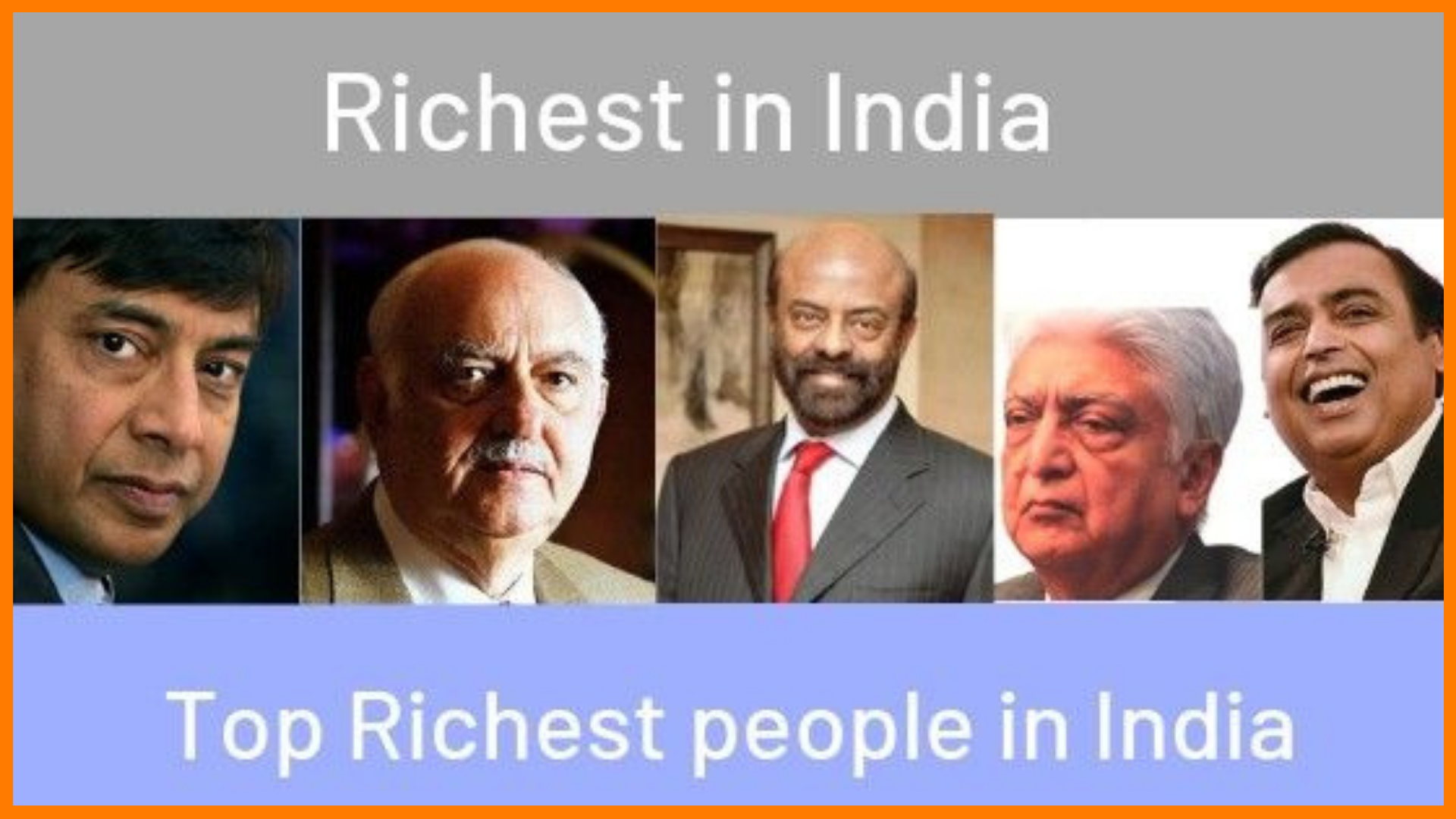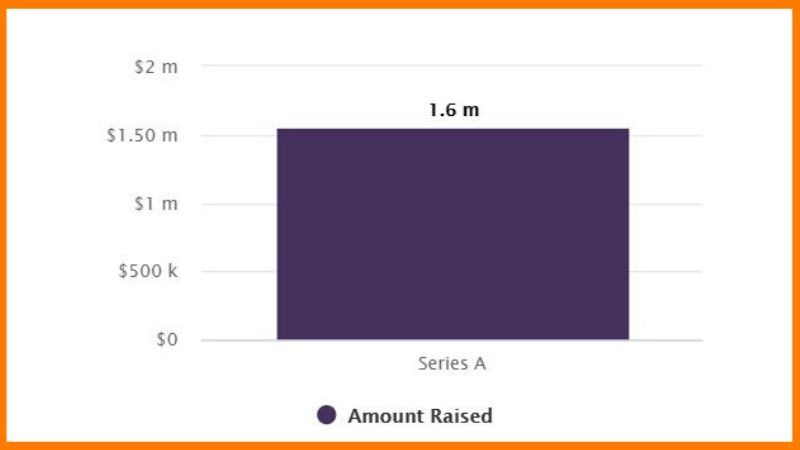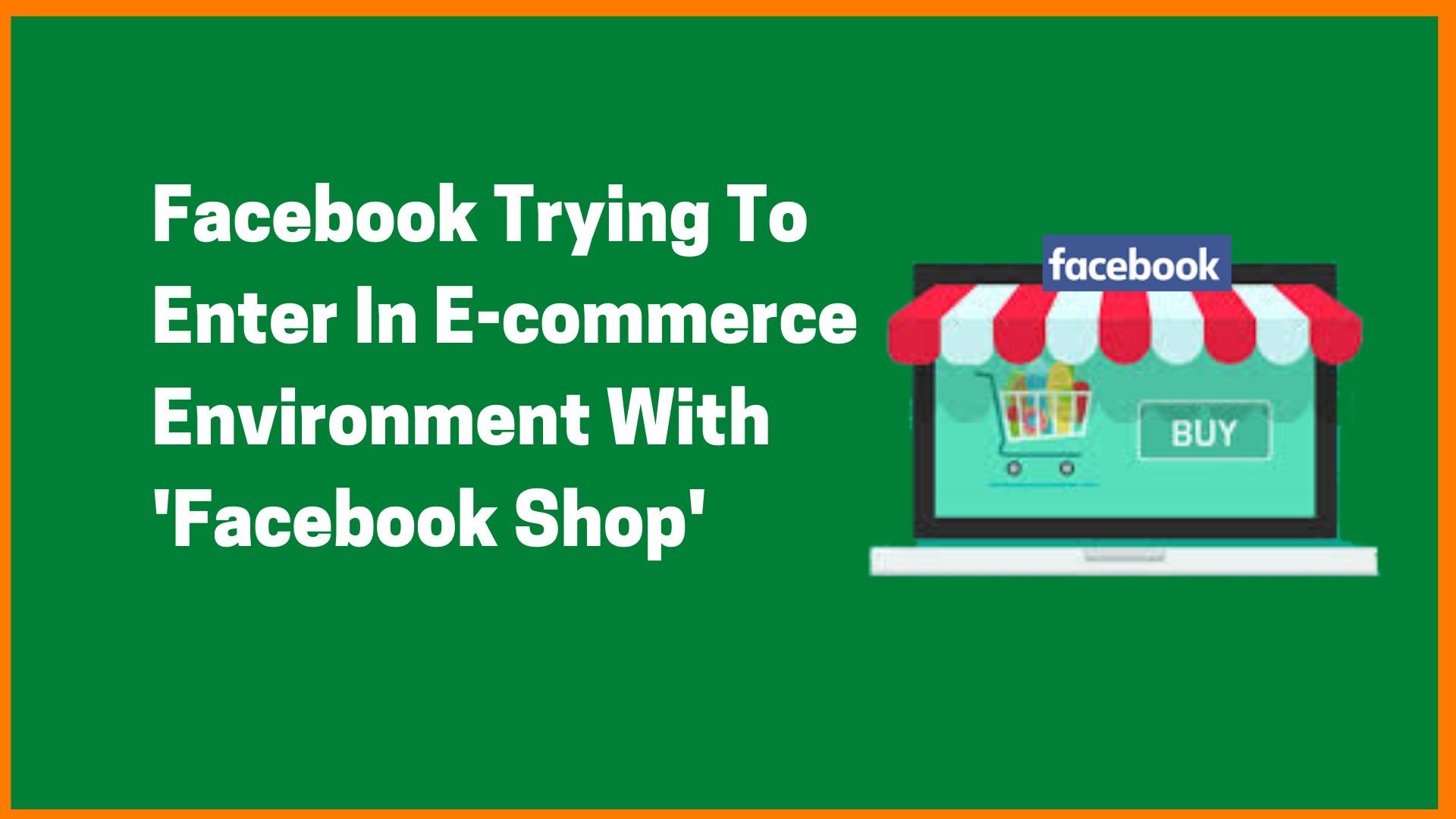The days when we had to go to various retail stores to buy things for ourselves are going away. The increasing technology has given a massive rise to retail startups.
With the expansion of digitization, everything is going online. Be it classes, courses, jobs, shopping, or more, all these can be done just with the internet and an internet supporting device.
Many players like Amazon have been in existence for quite a long time. But the increasing adaptation of Indian customers towards online shopping has given a rise to more players in the market.
Now, there are various retail startups in India that are going super well and making great progress. These include Nykaa, MeatRoot, Generico, and many more.
What Are Retail Startups?
Which is The Largest Retailer in India?
Top Retail Startups in India
- Nykaa
- Myntra
- Flipkart
- Paytm Mall
- Blinkit
- Lenskart
- Sugar Cosmetics
- Bombay Shaving Company
- Chumbak
- FirstCry
- Pepperfry
- Sleepy Owl
- Licious
- Arzooo
- Faasos
- DroptheQ
- MeatRoot
- DealShare
- Healthkart
- Zeno Health
What Are Retail Startups?
These are the startups that deal in the sale of goods and services to customers. These are responsible for providing the products and services that we need from clothing, food, home appliances, labor, etc.
Some retail startups may also be the producers themselves. The others, however, connect the producers with consumers. The online retail industry has seen a great expansion in the past decade.
These are mostly involved in the retail sale of stuff through electronic shopping which means through their sites and applications. They may or may not have store retailing.
Begging a retail startup can be super challenging for any entrepreneur. This is because of the increasing rise in the competitors and risks in the market. Such businesspersons are the ones who are good at multi-tasking, willing to handle risks, and also survive and thrive in a competitive environment.
Which is The Largest Retailer in India?
Reliance Retail

The name that every Indian is familiar with is Reliance. Reliance Retail is the largest retailer in India. In 2006, the enterprise decided to enter the retail industry by initiating its subsidiary, Reliance Retails. Mukesh Ambani founded this and when it comes to profit it is known to be the largest retailer in India. The headquarters is in Mumbai.
It includes Reliance Fresh, 7 Eleven, Reliance Trends, and Reliance consumer brand.
Top Retail Startups in India
Retail startups have now been existing in India for quite some time. The pandemic gave a great rise to retail industry. It not only strengthened the existing startups but also paved way for the new ones.
The following are the top retail startups in India:
Nykaa
Founded: 2012
Founder: Falguni Nayar
Headquarters: Mumbai

It is a beauty retail startup that sells beauty, wellbeing, and apparel products. It was founded in the year 2012. The founder is Falguni Nayar. The headquarters is in Mumbai. It provides products from brands like Maybelline, Lakme, Loreal, and more. Along with these, Nykaa offers a wide range of products under its name as well.
Its products are available on its website, application, and offline stores. It is one of the most successful retail startups that has now acquired the status of a Unicorn Startup in India.
Myntra
Founded: 2007
Founder: Mukesh Bansal, Ashutosh Lawania, Sankar Bora, Raveen Sastry, and Vineet Saxena
Headquarters: Bengaluru

It is a marketplace over the internet that belongs to the industry of retailing. Myntra was founded in 2007 and has headquarters in Bengaluru. The founders are Mukesh Bansal, Ashutosh Lawania, Sankar Bora, Raveen Sastry, and Vineet Saxena.
It enables the customers to purchase a great range of products. The products include apparel, lifestyle, accessories, mugs, and more.
Flipkart
Founded: 2007
Founder: Sachin Bansal and Binny Bansal
Headquarters: Bengaluru

The most prominent names when it comes to retail in India. Flipkart was established in the year 2007. Founders are Sachin Bansal and Binny Bansal. The headquarters is in Bengaluru. The company was acquired by Walmart in 2018.
The platform offers products in multiple categories and varieties. It offers products from domestic as well as foreign brands.

Paytm Mall
Founded: 2016
Founder: Vijay Sharma
Headquarters: Bengaluru

It is another digital retail startup founded in the year 2016. Paytm mall provides many domestic and foreign products. Vijay Sharma is the founder. The headquarters is in Bengaluru.
The platform allows the customers to purchase many products at reasonable prices. The products include apparel, furnishing, electronics, and many more.
Blinkit
Founded: 2013
Founder: Saurabh Kumar and Albinder Dhindsa
Headquarters: Gurugram

Blinkit (previously known as Grofers) is an online supermarket established in the year 2013 by Saurabh Kumar and Albinder Dhindsa. The headquarters of the startup is in Gurugram, Haryana. This grocery delivery platform links the consumers with local stores.
When it comes to retail startups, Blinkit is sure to be a prominent name. It provides a great variety of products. These include foodstuffs, fruits and vegetables, bakery, beauty, and more.
Lenskart
Founded: 2010
Founder: Peyush Bansal, Amit Chaudhary, and Sumeet Kapahi
Headquarters: Faridabad

It is an Indian eyewear marketplace established in the year 2010. The founders are Peyush Bansal, Amit Chaudhary, and Sumeet Kapahi. The headquarters is in Faridabad, Haryana. This allows customers to have direct access to their preferable eyewear.
Lenskart offers more than 5000 styles of various eye-wear products. These include contact lenses, spectacles with prescriptions, accessories, etc. It has also opened around 1000 offline stores and is one of the quickest-growing retail startups in India.
Sugar Cosmetics
Founded: 2012
Founder: Vineeta Singh and Kaushik Mukherjee
Headquarters: Mumbai

It is an operator of an online retail platform for cosmetics. It came into existence in the year 2012. Founders are Vineeta Singh and Kaushik Mukherjee. The headquarters is in Mumbai. The products offered by Sugar Cosmetics are available online and in offline stores too.
It offers a great collection of cosmetic products like lipsticks, eyeliners, concealers, and many more. It is the quickest growing startup in the field of beauty in India.
Bombay Shaving Company
Founded: 2015
Founder: Shantanu Deshpande and Rohit Jaiswal
Headquarters: New Delhi

It is a specialty retailer of grooming products for both men and women. It was founded in the year 2015 by Shantanu Deshpande and Rohit Jaiswal. The operational center is in New Delhi.
The startup’s products have become a popular choice of many. Its products include razors, lotions, grooming kits, and more.
Chumbak
Founded: 2010
Founder: Vivek Prabhakar and Shubhra Chadda
Headquarters: Bengaluru

It is a design-based retail startup established in the year 2010. The founders are Vivek Prabhakar and Shubhra Chadda. The main center of operations is in Bengaluru. The products are influenced by the world’s different forms of art and culture.
It also has various offline retail stores. It provides an enormous variety of products. These include home décor, gifting and lifestyle, apparel, and more. The retail startup is super popular for its fun and colorful products.
FirstCry
Founded: 2010
Founder: Amitava Saha and Supam Maheshwari
Headquarters: Pune

It is an online retailer that offers more than two lakhs of baby care and kids products. It came into existence in the year 2010. Founders are Amitava Saha and Supam Maheshwari. The main office is in Pune. Firstcry offers products through both online and offline stores.
The customers get to have its products easily and at reasonable rates. It offers many different products. These include children’s apparel, footwear, toys, gifts, accessories, and many more.

Pepperfry
Founded: 2011
Founder: Ashish Shah and Ambareesh Murty
Headquarters: Mumbai

It is a retail startup that deals in furniture and home merchandise. Ashish Shah and Ambareesh Murty established it in the year 2011. The headquarters is in Mumbai. It provides products from its own brand as well as from others.
Pepperfry provides a large number of different products in its online furniture marketplace. These include home decorations, kitchen items, furniture, and more.
Sleepy Owl
Founded: 2016
Founder: Ajai Thandi, Arman Sood, and Ashwajeet Singh
Headquarters: New Delhi

It is an internet retail startup established in the year 2016. It deals in coffee products. The founders of it are Ajai Thandi, Arman Sood, and Ashwajeet Singh. The main office is in New Delhi.
Its coffee products are super famous and relished by many as these are made from arabica beans. It sells its products online and also has many outlets in different cities in India.
Licious
Founded: 2015
Founder: Vivek Gupta and Abhay Hanjura
Headquarters: Bengaluru

The specialty retail startup offers top-quality meat products. It came into existence in the year 2015. The founders are Vivek Gupta and Abhay Hanjura. The headquarters is in Bengaluru.
Licious ensures the online delivery of a range of fresh meat products to the customers. The products include chicken, seafood, lamb, etc.
Arzooo
Founded: 2016
Founder: Khushnud Khan and Rishi Raj Rathore
Headquarters: Bengaluru

It is an Indian retail tech startup established in the year 2016. Khushnud Khan and Rishi Raj Rathore are the founders of Arzooo. The operational center is in Bengaluru. The startup is a provider of a great collection of electronic products.
The platform supports opposite auctions where instead of buyers, the sellers tend to propose the price for which they are ready to sell. This helps people to have a fair price for their selected products.
Faasos
Founded: 2011
Founder: Jaydeep Burman and Kallol Banerjee
Headquarters: Pune

It is a retail food-providing startup started in the year 2011. Founders are Jaydeep Burman and Kallol Banerjee. The headquarters is in Pune. Faasos offers a cloud-kitchen and dark kitchen model that provides food.
It runs more than 160 kitchens to provide meals to consumers. Whether you want biryani or your favorite dessert, the startup enables you to get it in no time.
DroptheQ
Founded: 2019
Founder: Vaibhav Singhal, Nikhil Monga, and Swati Agarwal
Headquarters: Noida

It is a retail and food-tech venture founded in the year 2019. The founders are Vaibhav Singhal, Nikhil Monga, and Swati Agarwal. The headquarters is in Noida, Uttar Pradesh. It enables people to straight-up place orders from the partner stores through the app.
As the name suggests, it eases up the shopping experience for users without waiting in the checkout queues.
MeatRoot
Founded: 2014
Founder: Mohit Bhonde, Vrushali Babar, and Shrikant Babar
Headquarters: Pune

It is a retail startup for meat products founded in the year 2014. The founders are Mohit Bhonde, Vrushali Babar, and Shrikant Babar. The headquarters is in Pune. The startup is an online store for fresh, frozen, and processed meat.
It offers products like seafood, chicken wings, exotic meat, pork, duck, goat meat, boneless chicken, and more.
DealShare
Founded: 2018
Founder: Vineet Rao, Sourjyendu Medda, and Sankar Bora
Headquarters: Jaipur

It is an online purchasing startup founded in the year 2018. Its main office is in Jaipur, Rajasthan. Vineet Rao, Sourjyendu Medda, and Sankar Bora are the founders. Its platform provides a great variety of products to the customers.
It allows people to purchase products easily and at cheaper rates. The products offered include fruits, vegetables, accessories, furnishings, etc.
Healthkart
Founded: 2011
Founder: Sameer Maheshwari and Prashant Tandon
Headquarters: Gurugram

It is a specialty retail startup established in the year 2011. Healthkart focuses on providing genuine health and nourishing supplements. The founders are Sameer Maheshwari and Prashant Tandon. The main office is in Gurugram, Haryana.
It allows customers to get everything related to fitness at one stop. It offers protein, vitamin supplements, products for weight loss, personal trainers, and more.
Zeno Health
Founded: 2017
Founder: Siddharth Gadia and Girish Agarwal
Headquarters: Mumbai

Zeno Health (earlier Generico) is a pharmacy retail startup established in the year 2017. The founders are Siddharth Gadia and Girish Agarwal. The headquarters are in Mumbai. It operates a chain of retail pharmacy stores to offer generic medicines at a reasonable price.
It offers great-quality medicines and also has a team of drugstore advisors at its stores. The main aim of this retail startup is to make healthcare more reachable and economical.
Conclusion
The startups are growing strong in India. One of the most important industries that have been seeing a great rise in terms of startups is the retail industry. In modern times, Indian customers are becoming more and more comfortable with online shopping. This helps them to have more variety and also cuts the role of middlemen.
Over the years, many retail startups like Myntra, Nykaa, Pepperfry, and the other above-mentioned have made great progress. These startups are transforming the traditional ways of retail business. These are sure to grow further and also inspire new startups in the field.
FAQs
Which are the top retail startups in India?
Top Retail startups in India are:
- Nykaa
- Myntra
- Flipkart
- Paytm Mall
- Blinkit
- Lenskart
- Sugar Cosmetics
- Bombay Shaving Company
- Chumbak
- FirstCry
Which is the largest retailer in India?
Reliance Retail is the largest retailer in India.
Which is the world’s largest retailer?
Amazon and Walmart are the world’s largest retailer.








































































